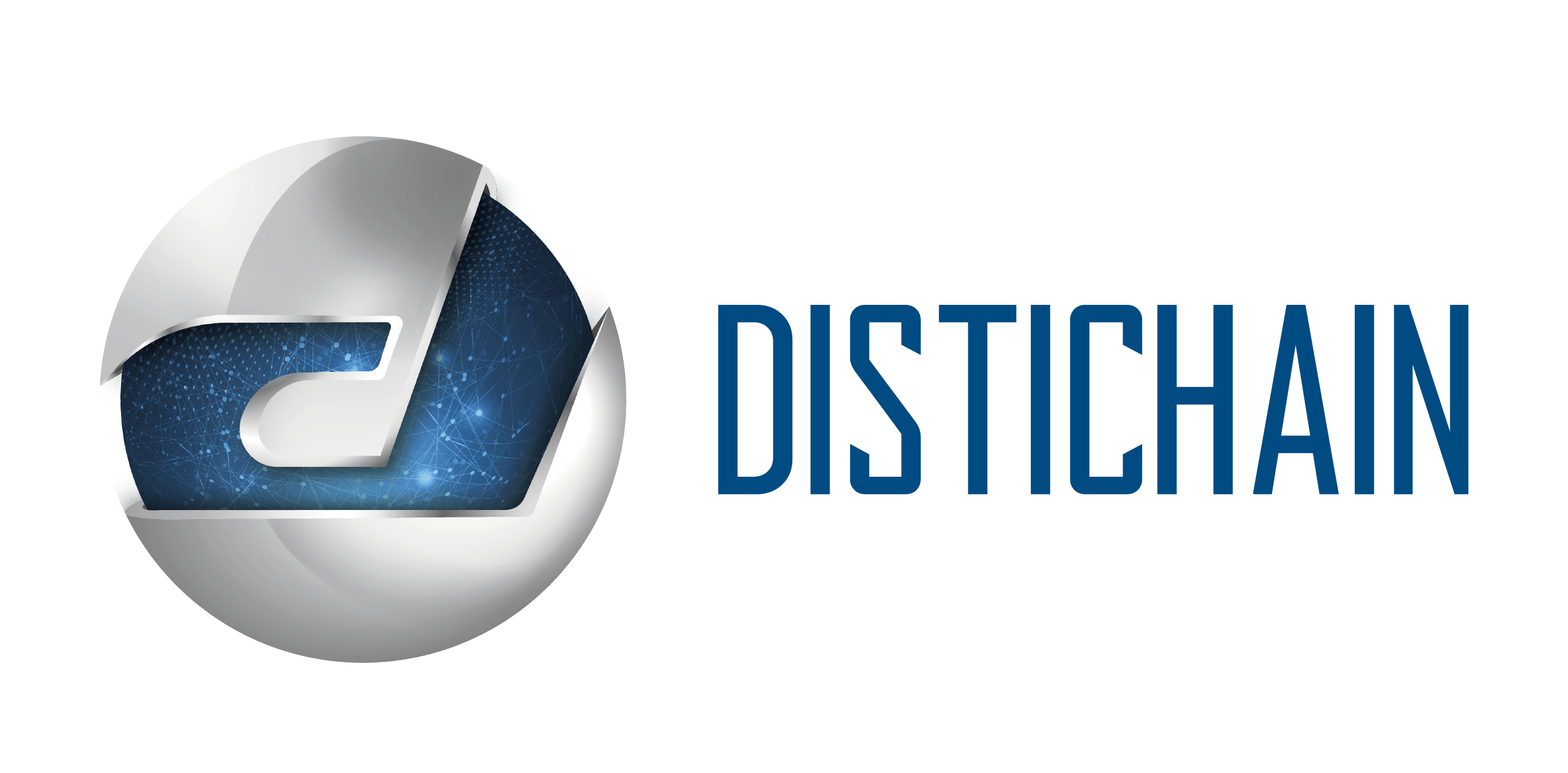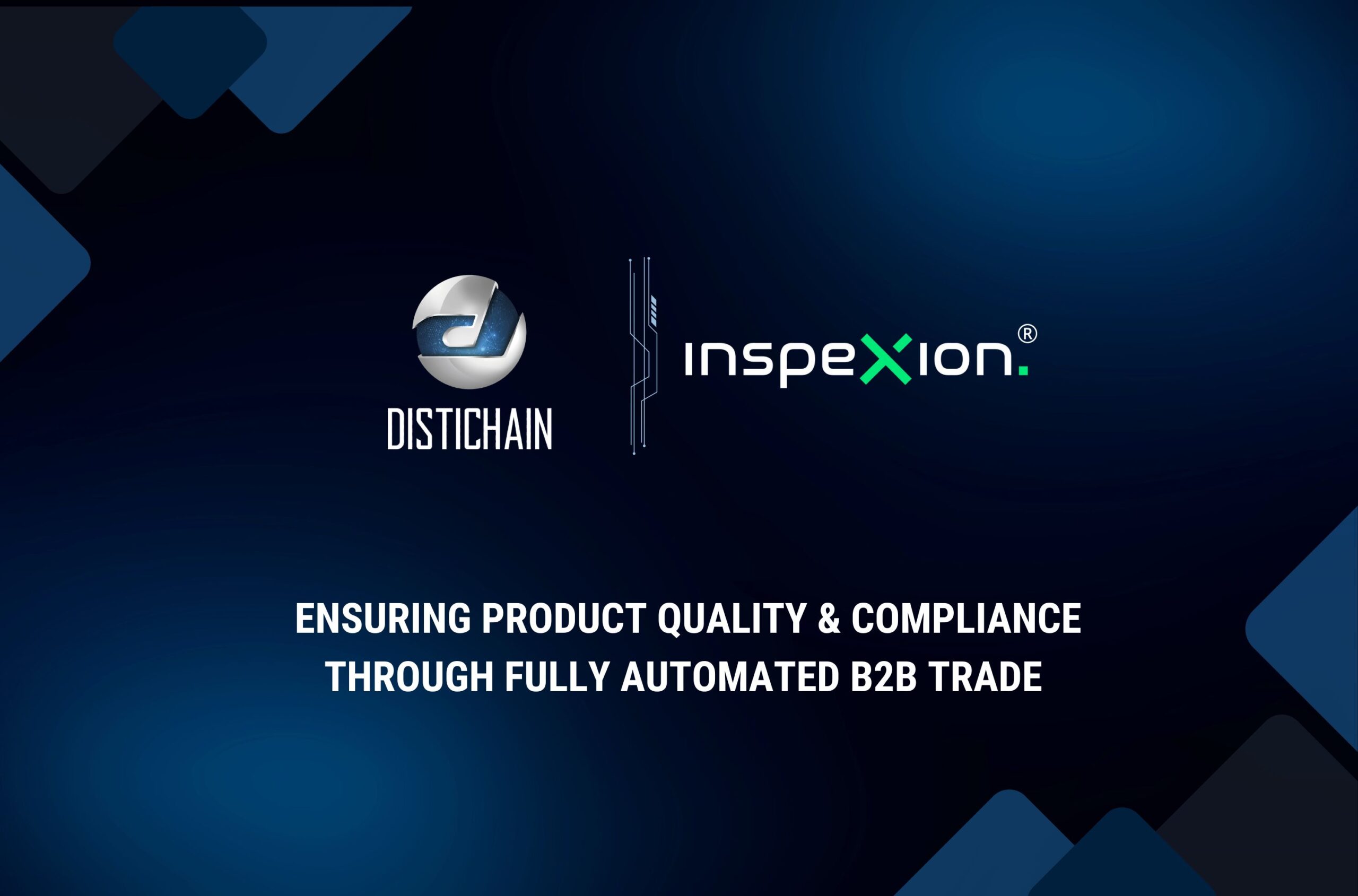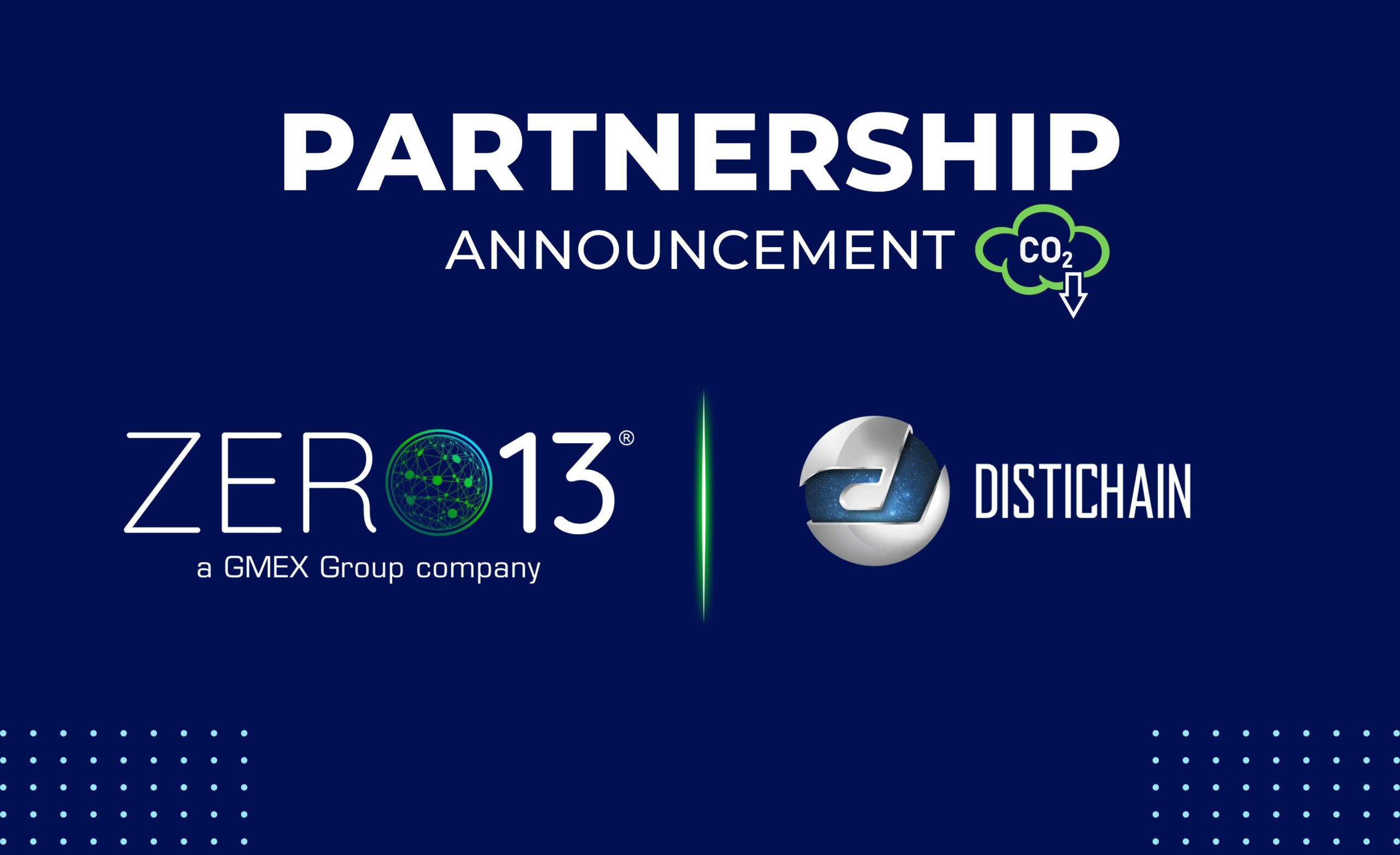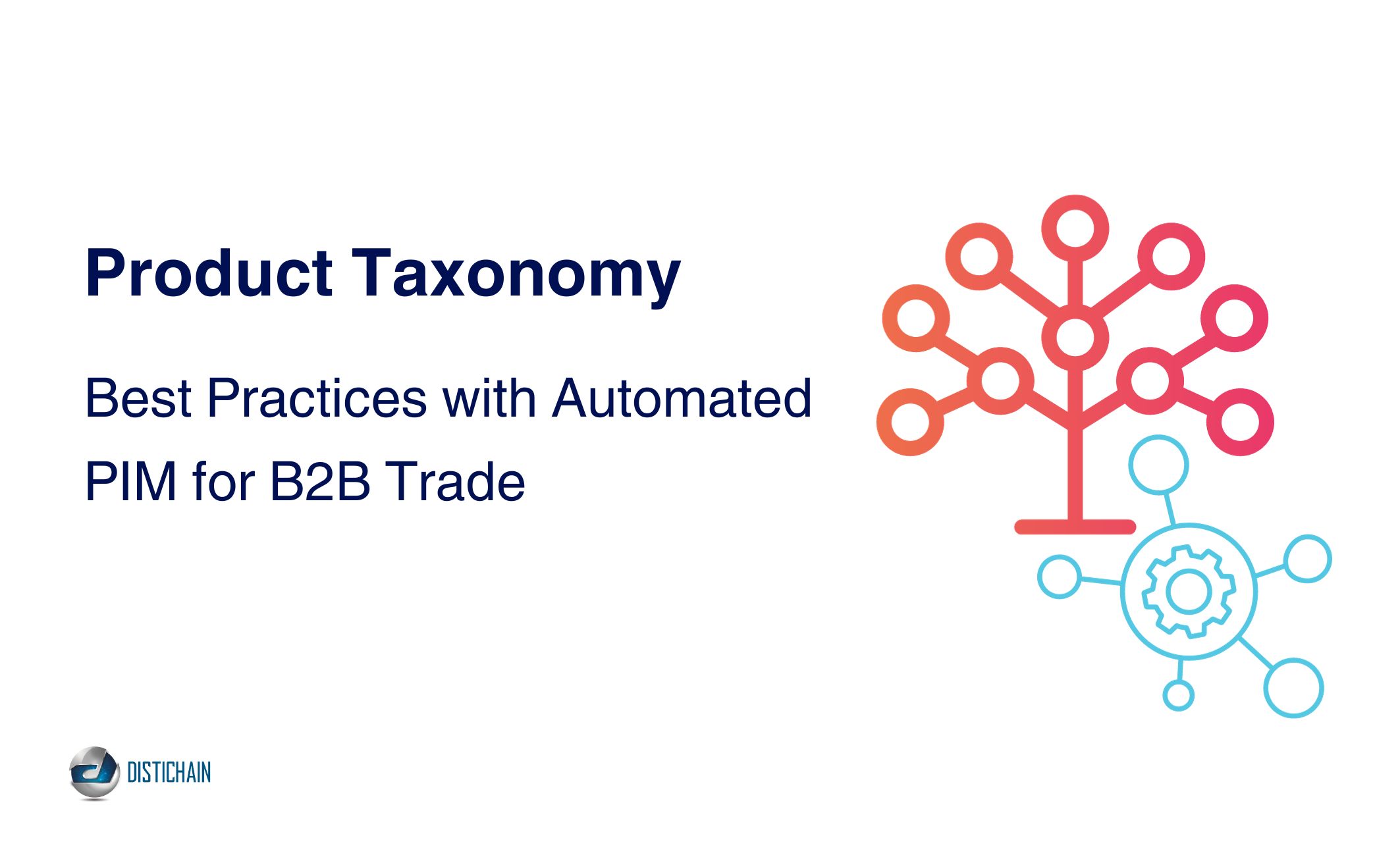How Distichain is leading the solution for your B2B trading payment terms conundrum.
We’ve previously covered the fact that the current B2B e-commerce environment is an incredibly risky one plagued by a lack of trust between parties involved. As a result, companies generally are limited to a few trading partners they trust, diminishing their commercial flexibility and their profits. Let us break it down for you:
Today B2B e-commerce is risky, sellers have no way to offer credit and ensure payments will be received, and buyers are tasked with having to make payments in advance, putting them at risk of not receiving stock after payment. With high value transactions putting so much at stake, the only solution is to use offline bank trade finance, which are generally letters of credit, for each transaction which is costly, timely, and tedious.
Moving forward into Industry 4.0, blockchain technology allows us to solve this security problem. Distichain enters the ecosystem to alleviate the situation by creating a platform that has the ability to offer secure credit payment terms to anybody on the platform.
How so?
“The nature of blockchain allows for a permissioned and private environment to be created, that automatically requires multi-signature verification to generate smart contracts. This means that all actors involved in a transaction will be required to sign off and put forth their promised collaterals before any cross-party transactions occur. Thus, this creates a layer of trust and security between the different stakeholders.”
Should any stakeholder default on their payment, smart contracts in Distichain will trigger an API request to the guaranteeing financial institution, based on the trade finance the user in question had put up.
What could this process flow look like in a real-world use-case? Distichain’s B2B trading platform employs this process in the following manner:
Step 1: A transaction is agreed among a buying and a selling Distichain user. This triggers a digital agreement that will contain information about the product(s), price, quantity, and credit payment terms involved in the transaction.
Step 2: A smart contract is created to execute this agreement. This smart contract will manage the escrowing of the buyer’s trade finance line, and will generate additional documents for the service providers involved in the transaction e.g. insurance providers, inspectors. These additional documents are additional ‘agreements’, reiterating the smart contract creation process.
Step 3: Child smart contracts are created for each additional service provider. These smart contracts again manage the escrowing of fees pertaining to the services the buyer is purchasing, ensuring that money is paid out based on the agreed credit payment terms.
Step 4: Upon Buyer’s receipt of goods, the smart contract executes the rest of the functions.
The smart contract instructs the release of payment to the service providers. It also keeps track of payment receipt from the Seller. Should a default in the payment occur, it triggers an API call to the guaranteeing trade finance to collect on the trade finance put up by the seller.
Step 5: The transaction is now complete, and all stakeholders received their respective goods, services, or payments.
Distichain goes a step further in ensuring bad actions are discouraged in this environment. By requiring all users to register on the platform and undergo KYC, Know-Your-Business (KYB), AML, and government sanction list checks upon sign-up, the platform creates an additional layer of trust that transactions will only occur between a network of trustworthy parties. With Distichain, you can trade comfortably with no risk and gain access to a powerful network to scale your business with.
This is Industry 4.0. This is the future.












